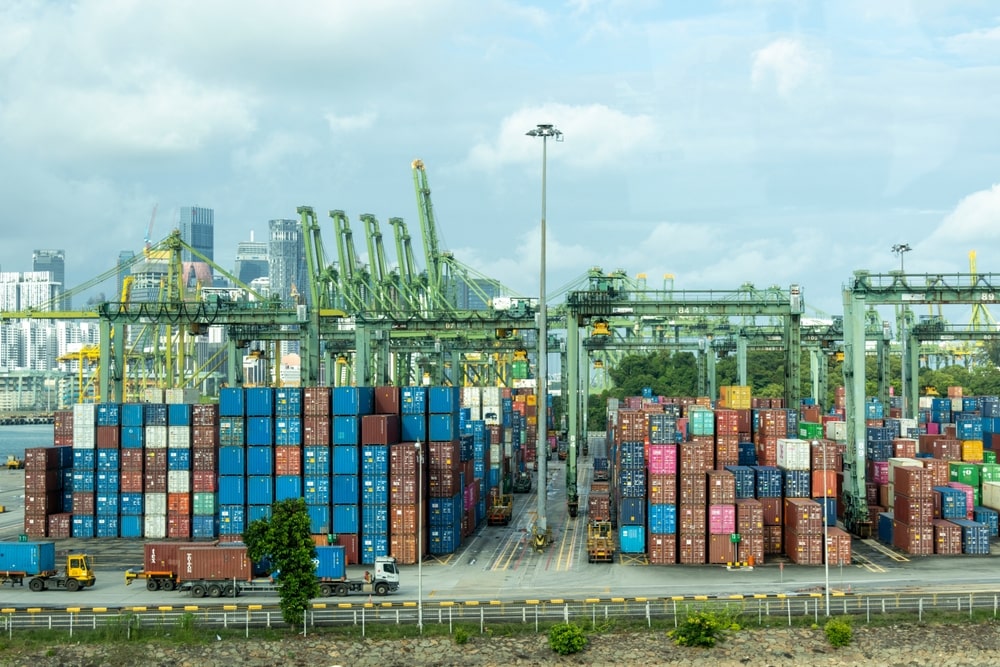
$131 billion in trade at risk of disruption from current port congestion at three ports
$131 billion in trade is at risk of being disrupted by the ongoing port congestion at the ports of Singapore, Port Klang and Tanjung Pelepas according to our analysis.
Further analysis by ALPS Marine identified the commodities like Crude Oil ($7.3bn) and Integrated Circuit Boards ($11 billion) were the most likely to be impacted by the delays at the ports.
All three ports have faced significant port congestion since the middle of June, with vessels avoiding the Red Sea because of the Houthi attacks in the area, following the outbreak of the Israel-Hamas conflict last year.
The diverted vessels have been arriving at ports, either behind schedule, or using the port as an alternative, which iscreating large queues.
The analysis of these ports is from the period of the 12th of June until the 12th of August, with the middle of June experiencing the worst port congestion, and August being the earliest date possible for the congestion to ease.
Singapore, because of its size and location near the Strait of Malacca has found itself a focus for many shipments, resulting in a large queue of ships waiting to enter the port.
However, to avoid these queues, many vessels have opted to use the nearby Malaysian ports of Port Klang and Tanjung Pelepas, and in doing so spreading the congestion to these ports.
The breakdown of trade at each of these ports is as follows:
Singapore ($89.5 billion)
Port Klang ($22.7 billion)
Tanjung Pelepas ($19.5 billion)
Suki Basi, Managing Director of Russell Group, commented on these figures:
“These figures released today by Russell show that the specter of port congestion has again arisen to create concern for businesses and insurers alike.
Previously, the port congestion had been linked to the COVID-19 pandemic. This time the congestion has been exacerbated by the fallout from the Red Sea attacks, with vessels using alternate ports like Singapore, Port Klang and Tanjung Pelepas to unload items, creating large delays.
If this demand spreads to other ports, which may happen, as we move into a period when companies start ordering for the upcoming holiday season in the autumn, then businesses may find themselves struggling to source items.
Therefore, this highlights not only the severe economic impact of port accumulation but why, without a data and analytics-led risk mitigation strategy, the maritime industry could find itself cast adrift in the story seas of geopolitics.”